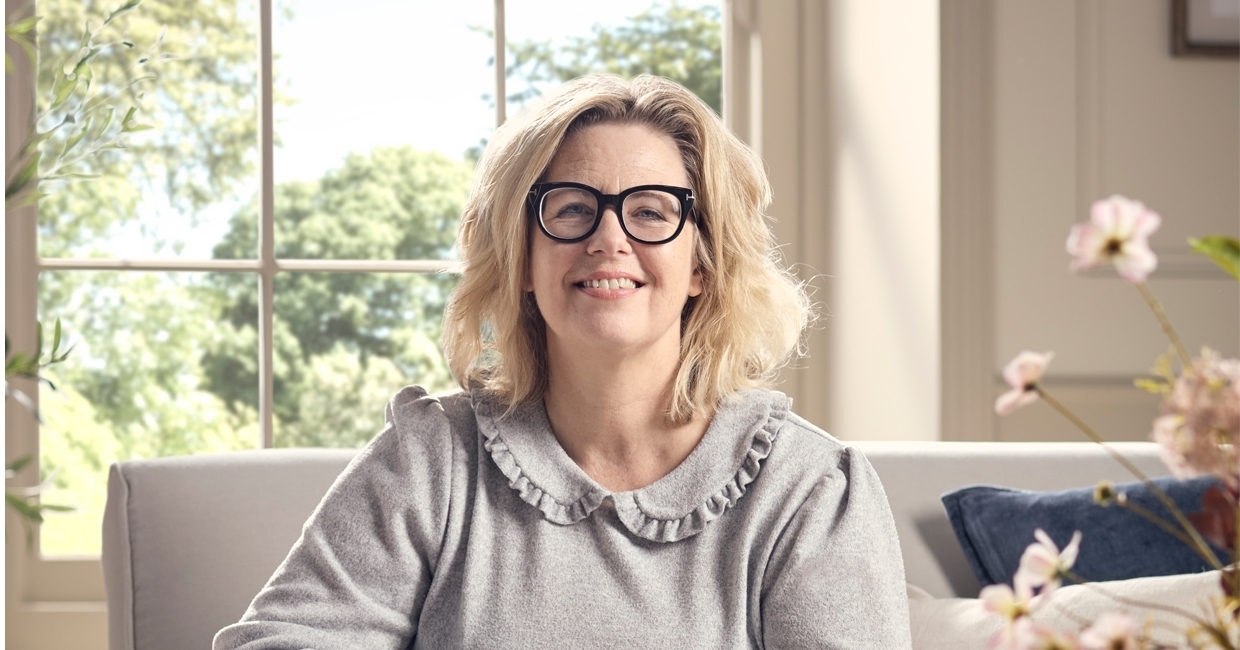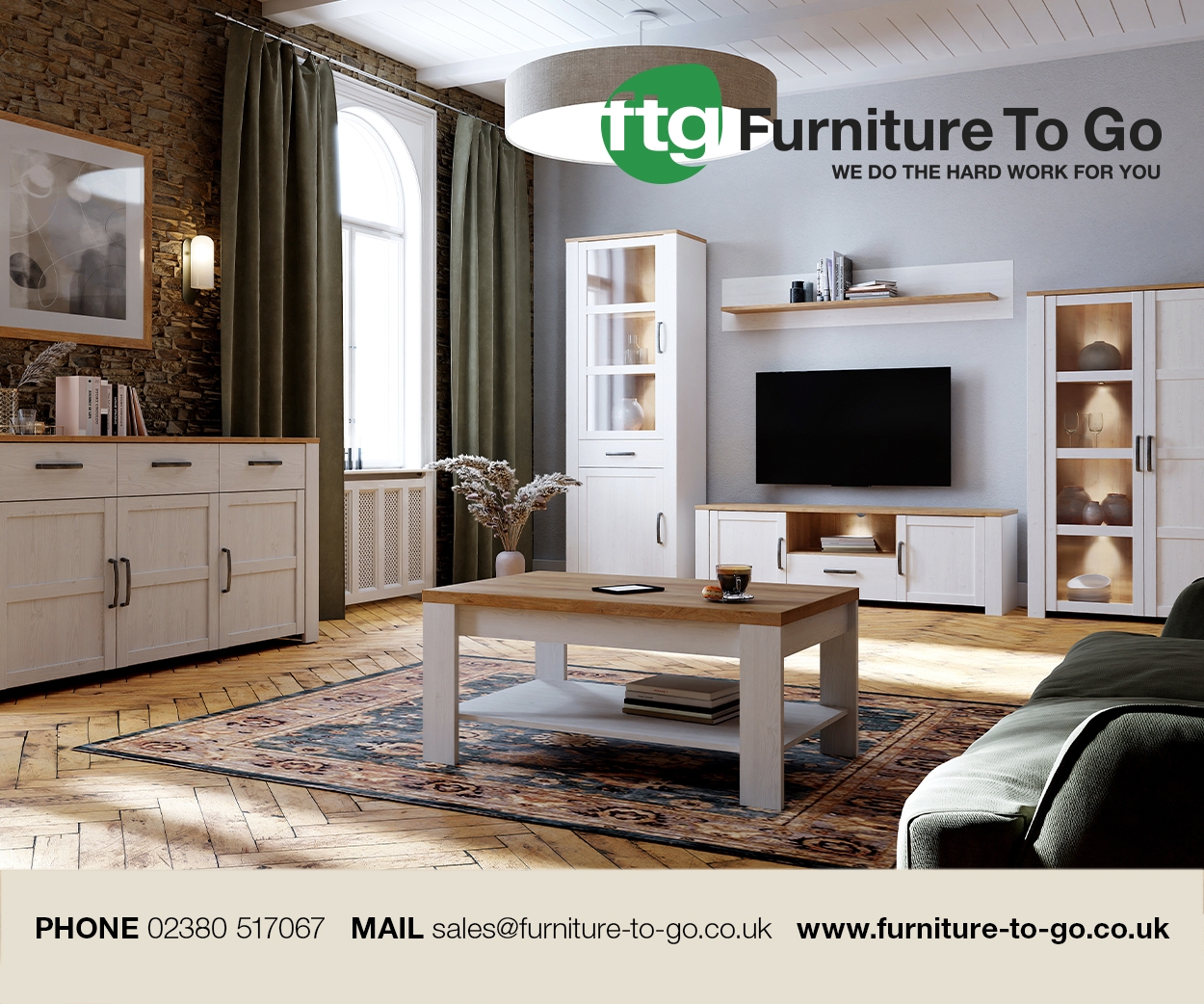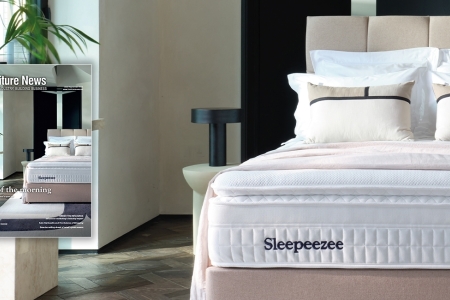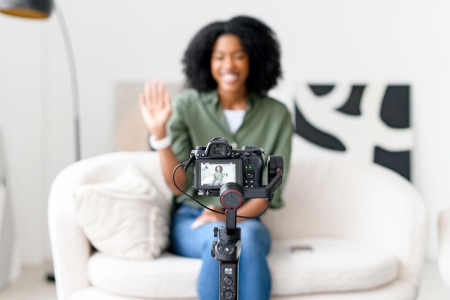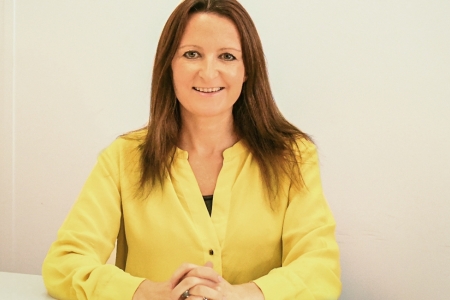While Jan Duckworth – formerly Sofology’s brand and marketing lead, now MD at Cox & Cox – regrets not recognising the potential of influencers sooner, she has since worked with both content creators and celebrities to ensure the right message lands in the right place …
So, to kick this off, I’m remembering way back when Facebook started and I’d launched a new jeans brand for Henri Lloyd at the time, and I remember the sales manager saying to me, “Should we send some T-shirts out for people to wear on Facebook?”
I was bemused. “And do what?” I said. “Who even sees it? What people? You mean your mates? Why would anyone want to buy one then?”
I could not understand the point – because I didn’t know about Facebook and its impact (and subsequent explosion and domination). I was knee-deep in taking my double-decker bus to festivals, to be transformed into a media centre and showroom, and gifting performers with T-shirts to wear as they went on stage – that, I did understand!
It’s however, a stand-out moment, that conversation, that I look back on and go, “Damn, I should have listened and tried to understand.”
That cultural shift, that technology impact, that world of random ‘bloggers’, which was a form of ordinary people on the cusp of becoming their own version of celebritydom and monetising it. Fuelled by reality TV programmes like Big Brother, this other world of media opportunity was opening up in front of our very eyes.
Racing into it, the obvious first stop was go for reach – who has the most eyeballs all over them, no matter what channel? Get Kate Moss sitting on your sofa!
Next stop, celebrity endorsement – what about Brooke Shields and Lay-Z-Boy, Jaclyn Smith of Charlie's Angels, Louise Redknapp … it seemed that fame meant success, but these brands forgot to ask “Why?” and customers saw past the money-making machines and shallow partnerships, just as the world of influencers kicked off.
A breed of ordinary interiors fans making content to make money, in return for a more authentic endorsement. These online people had audiences/followers, and it turns out the micro-influencers are the more impactful for a brand. Why? Because they do it with integrity, and protect their personal brand by not recommending anything they get given or approached for – they pick and choose, and so their community have belief and trust, and so are more likely to buy.
Large-reach celebrities are seen now as disingenuous – money-making, charging a fortune for just one post. In other words, untargeted. They still have their place, like mainstream TV, but effectively they’re for mass reach, and if you want to get a brand name out there to everyone (no matter if they’re in the market or not), go ahead, take your chances. And it’s still a risky business, as reputation is always a heavy cloud that could burst.
The landscape for effective influencers today is all about content creators – allowing influencers to create content with your products in their own style, so it’s real and trusted – not brand created, polished, and pushed out. Also, the need for content is never ending – Google craves content and prioritises it, so influencers can help satisfy this opportunity.
I have used the services of influencers on many levels, paid, to support a particular campaign with a particular objective – so, a mix of macro and micro influencers to swamp a particular profile of the market, plus celebrity endorsement. But always I start by asking why. Why will this solve my objective? Why will this partnership enrich my brand, my customers, and the celebrity in question?
If you crack that code, you’re pretty much going to have success on your hands.



